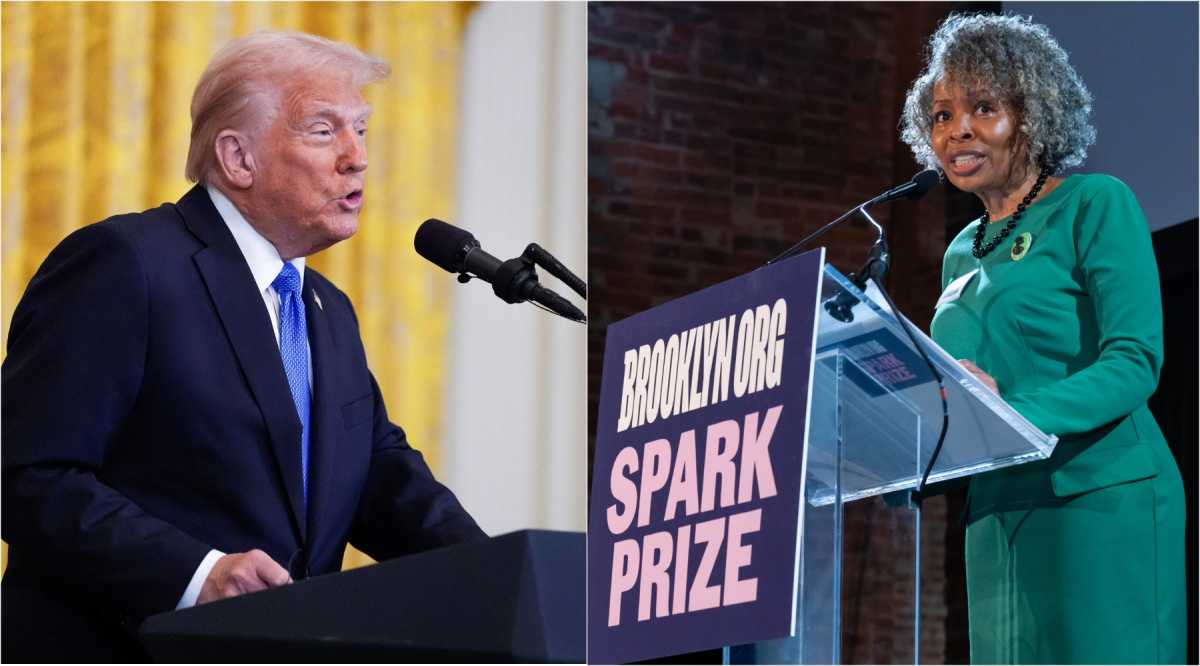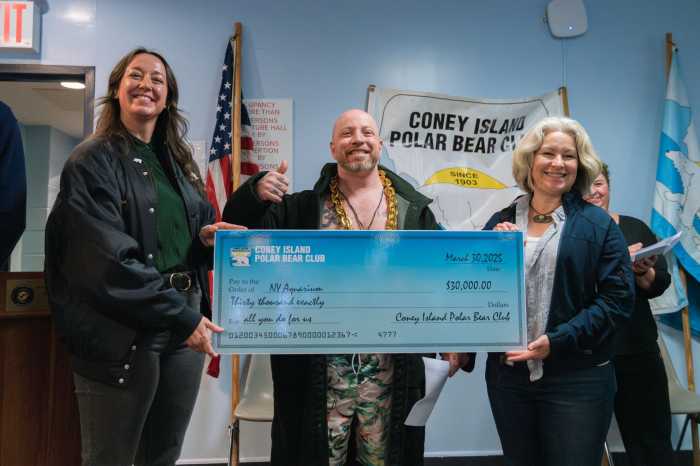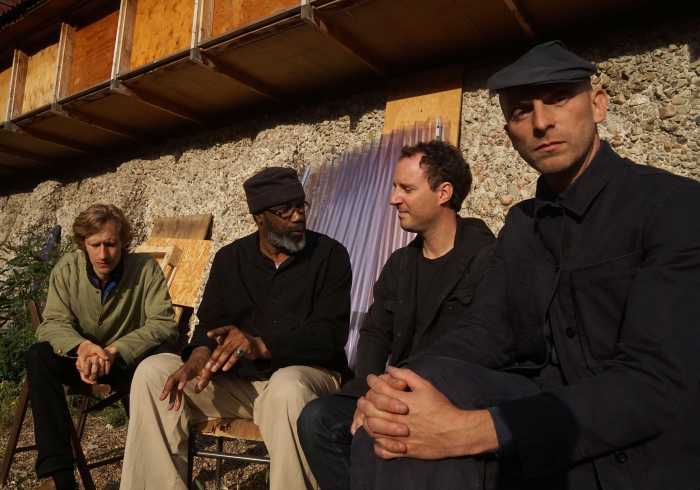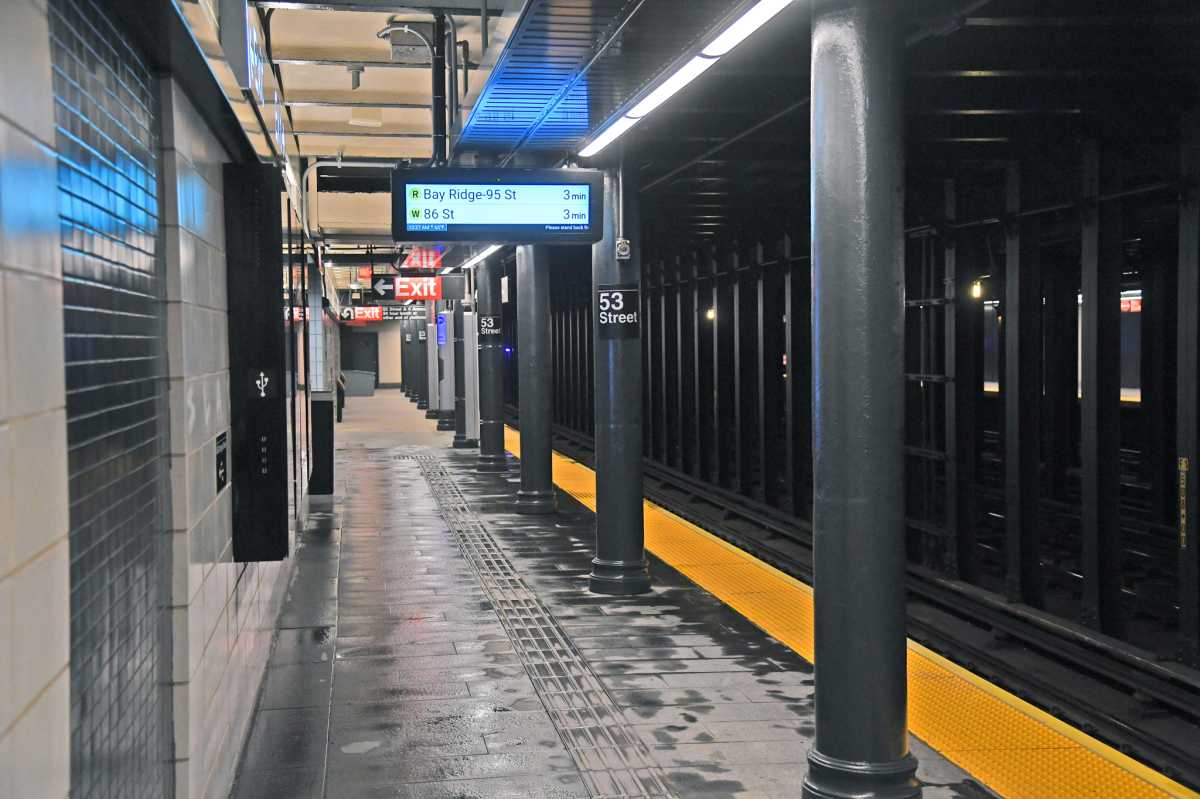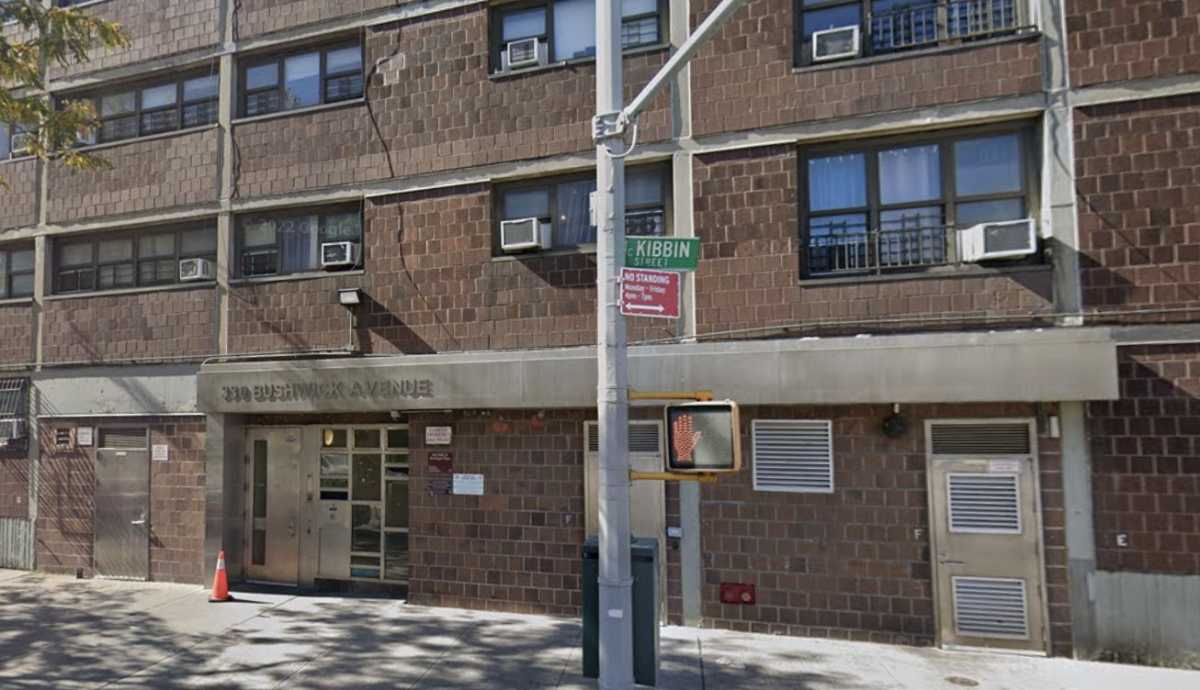After hearing anecdotes about financial struggles among New York City nonprofits due to federal funding cuts, Brooklyn Org — a platform for local philanthropy and advocate for Brooklyn’s nonprofit community — conducted a survey to better understand the impact on local organizations.
The “Brooklyn Backs Brooklyn – Nonprofit Survey” collected online responses from 86 nonprofits across New York City, including 62 from Brooklyn, between Sept. 22 and Oct. 10, 2025. The survey aimed to assess the current funding landscape, operational challenges and community needs.
The findings offer a stark picture: many organizations are grappling with rising costs, federal funding cuts, overextended staff, and increased demand. The survey underscores the critical need for more government and philanthropic support for community-based organizations that know their neighborhoods and residents best.
According to the survey, 86% of nonprofits reported higher costs for providing services over the past 12 months, with more than half noting increases of 10% or more.
Sixty percent experienced cuts in government funding, including 42% who reported reductions of 20% or more. Nearly 41% saw declines in individual donations. More than half said they are concerned about their organization’s financial stability in 2026 and their ability to meet their mission next year.
The cuts also affect day-to-day operations. Forty-seven percent of nonprofits reduced non-personnel expenses, 36% implemented hiring freezes, and two-thirds reported a decline in staff morale. Still, 58% said they maintained service quality, and 53% expanded services despite limited resources.
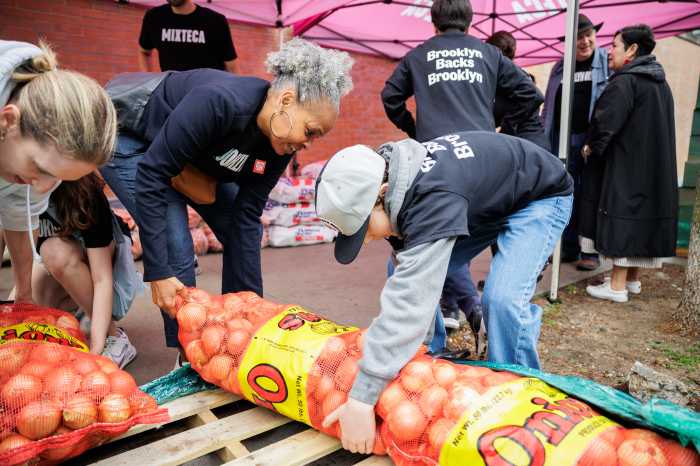
At the same time, demand for nonprofit services is rising. Ninety percent of surveyed organizations reported increased need for support, including housing and utility assistance, food pantries, and after-school programs, as New Yorkers face soaring grocery, utility and rent costs.
Dr. Jocelynne Rainey, president and CEO of Brooklyn Org, told Brooklyn Paper the survey was conducted to understand how nonprofits are coping in what she called a “very chaotic and turbulent time.”
“We found out that it’s clear that nonprofits are facing a major squeeze,” Rainey said. “Affordability is not only hitting individual people, it’s hitting nonprofits.”
Rainey referenced the “Our People’s Pulse” survey, commissioned by Brooklyn Org in early 2025, which found that 61% of New Yorkers said it is increasingly difficult to meet basic needs such as housing, food, healthcare and education.
“Middle-class New Yorkers are really struggling around affordability. They might be able to afford food still, and get gas, but because of the increased cost, it’s making them a little more hesitant about giving and philanthropy, because they have to take care of their own family,” she said.
In response to growing funding needs, Brooklyn Org has committed to 25% more grants this year.
“We know that the need is going to be really deep,” Rainey said.”But we also know that philanthropy like ours cannot close the gap that the federal government is creating.”
She warned the crisis could worsen on Nov. 1, when nearly 1.8 million New Yorkers are expected to lose access to the Supplemental Nutrition Assistance Program (SNAP) due to the government shutdown, raising concerns about hunger. Rainey emphasized that both nonprofit financial struggles and frozen SNAP benefits affect everyone.
“We have been in a relentless moment in New York City, starting with COVID, then George Floyd, and after George Floyd, the immigrant crisis, which brought more New Yorkers to the doors of the nonprofit,” Rainey said. “And now we have this. It’s going to be even worse, now that we have government employees who are unemployed, and we have SNAP benefits being cut as well.”

Robin Redmond, executive director of Flatbush Development Corporation (FDC), which provides housing support and eviction prevention, told Brooklyn Paper the survey helped her organization understand the challenges facing other nonprofits and prepare for increased service demand.
“Sometimes it’s nice to see that you’re not going through this alone, and to see other organizations are facing the same struggles and see what some of the other issues organizations have,” Redmond said.
She said higher unemployment, inflation, looming changes to medical coverage, and predatory landlord activity have increased demand for services that were already difficult to meet “on a good day.”
Redmond reported that the number of families seeking housing assistance has grown 25%, with 350–400 families living in Flatbush Gardens, one of Brooklyn’s largest housing developments, currently in housing court fighting eviction.
“What used to be 70 calls a month has now gone to 100 to 125,” she said. “Food insecurity and housing insecurity are so high right now with the families that we serve; it’s frightening.”
One survey participant, Mixteca, is a community-based organization in Sunset Park serving the Mexican and Latin American immigrant community through health, education and social and legal services.
Lorena Kourousias, Mixteca’s executive director, said the organization remains committed to its community.
“With public benefits shrinking and the political climate turning against immigrants, standing strong together is more important than ever. When we back Brooklyn, we back the immigrant families who keep this borough thriving,” Kourousias said.


